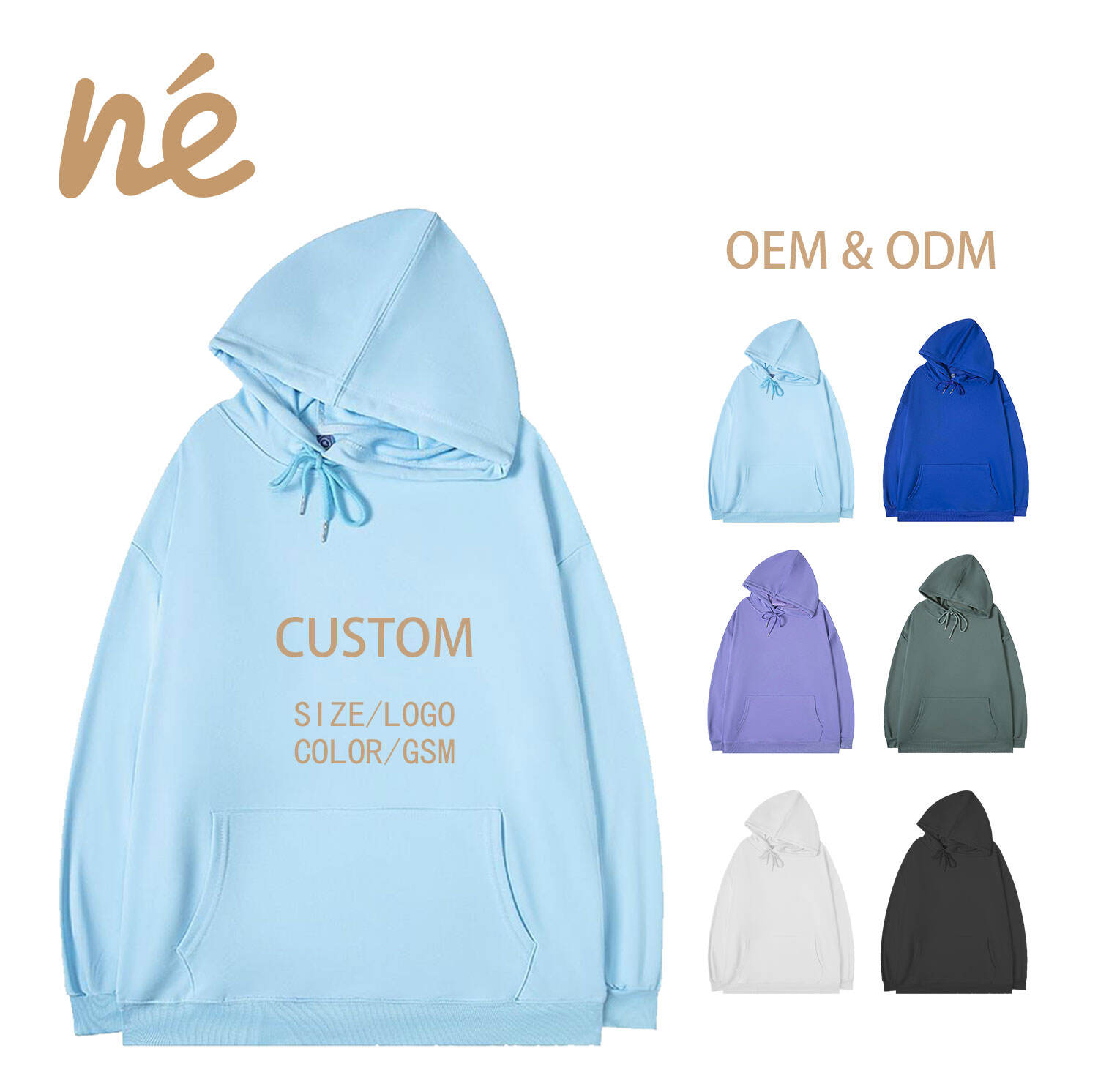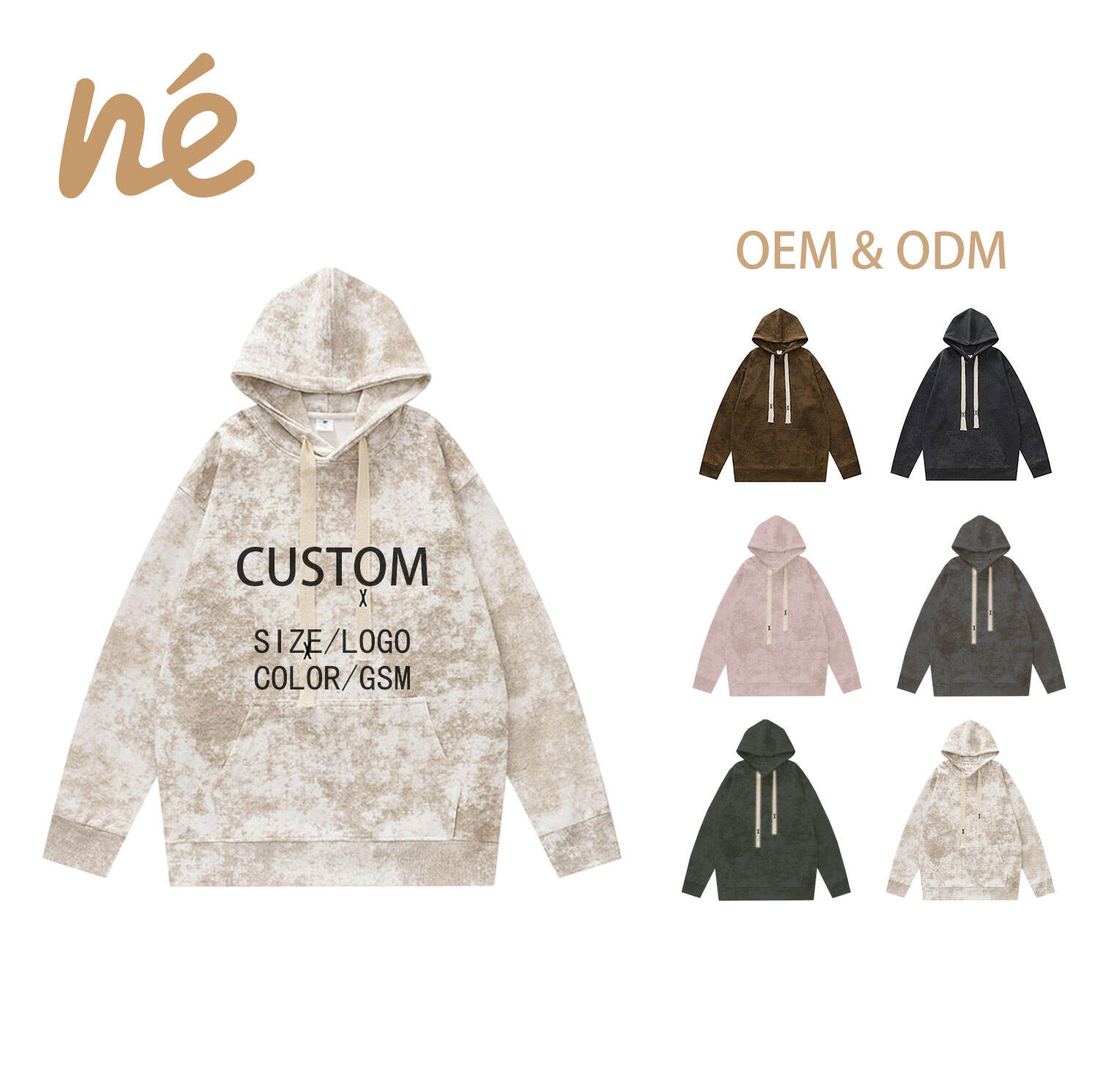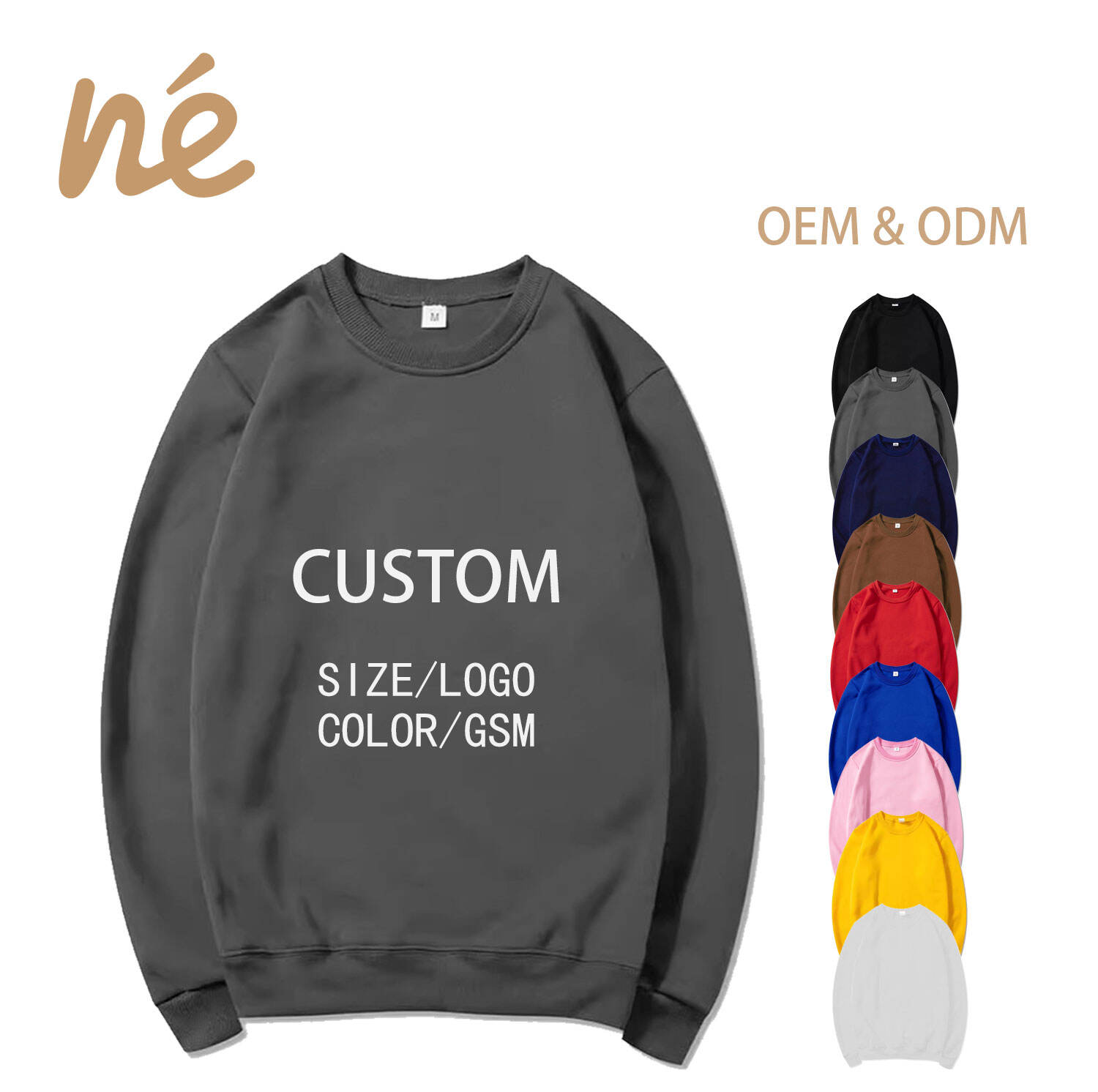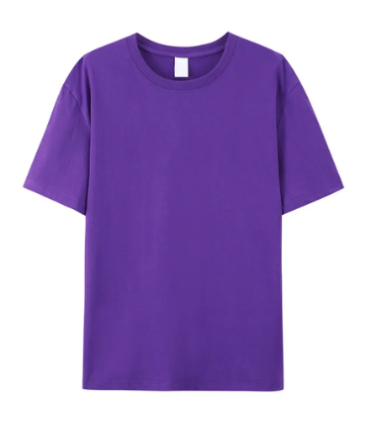sustainable clothing manufacturers
Sustainable clothing manufacturers represent a revolutionary shift in the fashion industry, combining environmental responsibility with innovative production methods. These manufacturers implement eco-friendly practices throughout their supply chain, from sourcing raw materials to final product delivery. They utilize advanced technologies such as waterless dyeing processes, recycled fabric processing, and zero-waste pattern cutting techniques. Their operations typically incorporate renewable energy sources, water conservation systems, and waste reduction protocols. Many sustainable manufacturers employ blockchain technology to ensure supply chain transparency and traceability. They specialize in producing garments using organic, recycled, and biodegradable materials, including organic cotton, recycled polyester, and innovative fabrics made from natural waste products. These manufacturers often integrate cutting-edge textile innovations such as closed-loop production systems and bio-based dyes. Their facilities are equipped with modern machinery that minimizes energy consumption and reduces carbon emissions. Additionally, they implement strict quality control measures to ensure durability and longevity of their products, addressing both environmental impact and consumer satisfaction.












